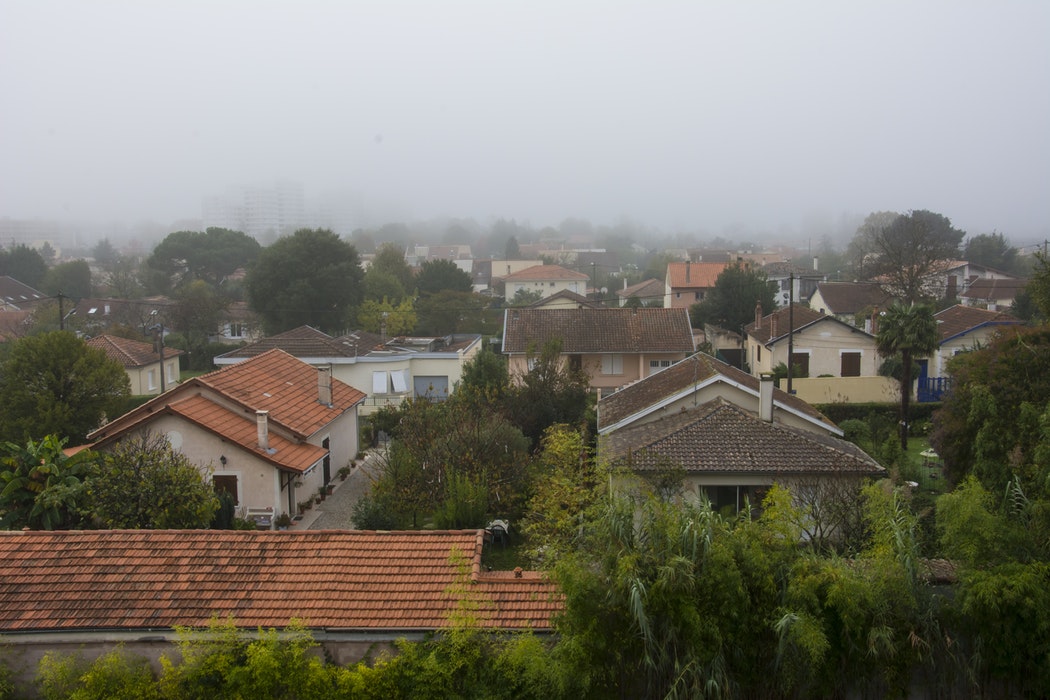Mental health issues caused by poor quality and expensive student housing
Students are suffering with “mental health struggles” due to accommodation with high rents and poor conditions, a survey by Save the Student has found.
The student finance advice site polled 2,196 students for the National Student Accommodation Survey 2019 in January. 90% of the students surveyed reported accommodation issues, and 63% stated that accommodation prices have affected their mental health.
The biggest problems faced by student tenants were damp (reported by 35%), lack of water or heating (32%), “disruptive building work” (20%), “inappropriate landlord visits” (16%), rodents and other pests (16%), “dangerous conditions” (5%) and bed bugs (3%).
Other issues included noisy housemates, faced by 45% of students. 33% also had their food stolen by fellow housemates, and 5% revealed cases of burglary.
While 45% of students had these problems resolved within a week, 20% had to wait for over a month and 4% never had their issues fixed.
In the Midlands, 11% of student tenants had “no issues”, and 13% of housing problems take over a month to be resolved or are never fixed.
Over half of the respondents have also been affected by housing prices. A further 37% stated that the costs have affected their studies.
Too many people – including students – seem to believe that poor living conditions are just a part of student life
– Jake Butler
“Too many people – including students – seem to believe that poor living conditions are just a part of student life,” commented Jake Butler, an expert from Save the Student.
Students who pay £115 weekly on average for rent reported no “mental health struggles”. Those who pay £130 on average face these struggles “somewhat”. Tenants charged an average of £134 weekly are “greatly” affected by mental health issues.
62% of students living in the Midlands have revealed that their mental health has suffered from poor housing, while 13% experience mental health issues “greatly” as a result of their accommodation.
“The more rent prices exceed the financial support on offer, the more students suffer mental and financial stress,” the report analysed.
2019 was the first year that private halls tied with landlords as the most expensive option for students seeking accommodation. 54% find housing through the latter and 10% through the former. 27% stay in university accommodation, 6% with their parents, and 1% in their own property.
The search for housing often begins shortly after term starts: 18% of students start in November, 16% in January, and 12% before November.
“Almost as many students report problems with university accommodation and commercial halls of residence as in privately rented rooms and houses,” Save the Student reported.
Almost as many students report problems with university accommodation and commercial halls of residence as in privately rented rooms and houses
– Save the Student
On average, student tenants pay £125 per week for rent and £970 in upfront housing costs, which includes a deposit (£311 on average), administration charges (£119), and one month’s rent in advance (£541). The average Maintenance Loan is £541 according to the advice site.
Mr Butler described that it was “outrageous” for rent to “swallow up” Maintenance Loans, “piling on added stress of having to make ends meet while living in squalor”.
In the Midlands, the averages for rent and fees are £114 and £165 respectively. 64% of students feel that their accommodation is “good value” for money. They pay an average deposit of £287, and 15% have struggled to get their deposit back at the end of their tenancy.
The University of Warwick’s Students’ Union (SU) recently released an alert from Action Fraud about the Tenancy Deposit Scheme, as some students were asked to pay a deposit and one month’s worth of rent before viewings were conducted.
50% of respondents shared that they experience difficulties in paying rent. 66% borrow from their families, banks, and other lenders to cover the fees.
Parents provide £44 weekly on average for rent and 20% contribute over £100 per week. 40% of students rely on their overdrafts, loans or credit cards for rent.
“Our investigation confirms how students are being unfairly treated as if second-class citizens, expected to put up with dire conditions throughout their studies,” Mr Butler concluded.
“Whilst the laws around renting are constantly improving there needs to be a much easier way for students to report and resolve problems with their accommodation.”
On 20 March, the Homes (Fitness for Human Habitation) Act was officially launched to allow students to “take action against exploitative landlords who provide inadequate living conditions”.
Universities minister Chris Skidmore stated that “time is up” for landlords who profit from students by providing subpar accommodation.
Warwick and Leamington MP Matt Western has also been calling on students to share their housing problems, and said that he is “keen to visit several student homes as soon as possible and see firsthand the condition of student housing”.
Last November, The Boar also investigated problems with off-campus housing experienced by Warwick students through a survey and a series of interviews, which you can find here.

Comments (1)